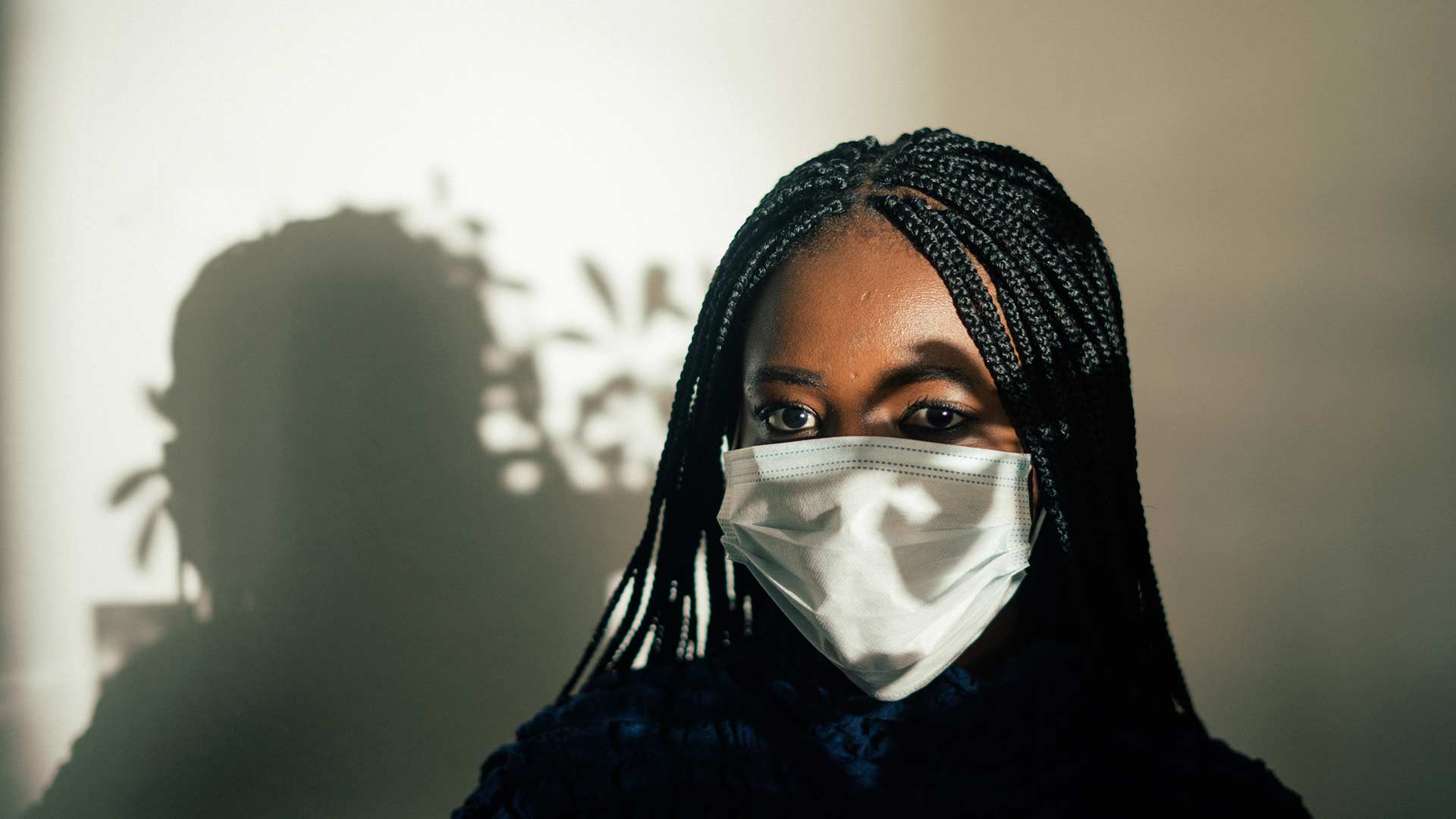Mental health care cannot stop for COVID-19
Drickus Maartens • July 14, 2020
Strict precautions equip Cape Town mental health facilities for safe admissions
Mental health challenges and substance use disorders continue to affect people’s lives regardless of the unfolding COVID-19 pandemic. The pandemic has also, in some cases, brought about mental health challenges for individuals. It is therefore essential that specialised multi-disciplinary in-patient care remains available, even for those individuals who may be COVID-19 positive but are medically well, with mental health facilities ensuring that strict precautions are in place for the protection of all concerned.
“Psychiatric conditions – such as depression, anxiety or mood disorders and addiction, frequently manifest at the same time, and it is of concern that the additional pressures many people are facing due to the pandemic could exacerbate underlying mental health challenges,” says Nickie Crookes, hospital manager of Akeso Stepping Stones and Akeso Milnerton in Cape Town.
“To ensure that persons who may be in need of professional mental healthcare can be assisted at this time, we have introduced strict, though absolutely necessary, precautions to enable us to continue to provide in-patient treatment in a safe environment. Clients are therefore required to test for COVID-19, 48 to 72 hours prior to admission, and self-isolate from the time of their test until they enter our care.
“Knowing the COVID-19 status of our clients enables us to take all the necessary precautions to safely treat and care for all, as well as to protect all healthcare workers at our facilities,” she explains.
Individuals whose test result indicates they are COVID-19 negative will be cared for in a ‘green zone’, either at Akeso Milnerton or within Akeso Stepping Stones., Akeso Stepping Stones has been designated only for COVID-19 negative patients. “Even in these green zones, we have implemented additional hygiene, social distancing, daily screening and other precautions.”
In the case of emergency admissions, testing will be performed on admission and the person will be cared for in isolation in a ‘yellow zone’ for persons under investigation (PUIs) at Akeso Milnerton until their test results become available.
“We have also planned for the scenario where a COVID-19 positive patient is medically well enough to not require acute hospital care, but is in urgent need of professional mental health support. Akeso Milnerton has a specially isolated ‘red zone’, which is specifically equipped for the care of positive patients who are medically stable,” Crookes notes.
“Stringent precautions are in place to prevent transmission from persons in the ‘red zone’, and all practitioners and staff members wear appropriate protective personal equipment [PPE]. Patients who are admitted with COVID-19 are carefully monitored for changes in their medical condition, and can be transferred to hospital for medical care should the need arise.”
Akeso Milnerton offers specialist in-patient treatment for a range of mental health conditions, including anxiety and depression, substance abuse and addiction and post-traumatic stress disorder. The facility has units dedicated to general psychiatry, dual diagnosis, and adolescent care, and a specialist service for treating adolescents with eating disorders.
Akeso Stepping Stones
specialises in dual diagnosis, providing integrated treatment programmes that take into account that addiction and psychiatric conditions are often strongly interrelated, and has a detoxification programme managed by Dr Duncan Laurenson, a medical practitioner and substance use disorder specialist. “It is often difficult to separate the effects of substance use disorders from those of underlying mental health issues, and our multi-disciplinary team is highly experienced in holistic integrated treatment,” Crookes adds.
“While there is much focus on COVID-19 at present in South Africa, our message to the public is that mental health should always remain a priority. From our side, Akeso facilities have spared no effort to ensure we can continue to provide treatment safely during the pandemic,” she concludes.













